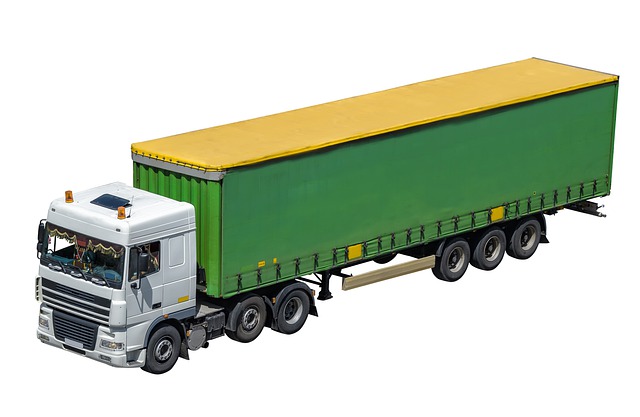You may be wondering about dry van shipping and how it can help you. Through understanding this, you can figure out if it is the right choice for you.
Table of Contents
What is a Dry Van Trailer?
When talking about a dry van trailer, it refers to a trailer built to protect the inside materials from the outdoor elements. It has been fully enclosed, and you can carry loose freight, boxed freight or palletized freight. This type of trailor doesn’t have refrigeration. A refrigerated trailor is called a reefer. In understanding what one is, you can look at new dry van trailers for sale and make a more informed decision on your purchase.

This type of trailer can’t carry an oversized shipment like with some of the other choices.
What are They Used For?
In terms of shipping freight, you have a lot of flexibility with what you might choose to ship. For that reason, it has, in fact, become one of the most popular choices that you see on the road today. Handling up to 45,000 pounds of freight, non-perishable goods have become the most popular choice here, which means that it moves things like clothes, building products, plastics, boxed foods and beverages. This choice has also become popular because of how it protects the merchandise within from getting stolen.
What to Look For if You are Buying or Renting a Dry Van Trailer
When you go to choose a trailer, check to see that you have a stable flooring. On the inside of this trailer, you will see hardwood flooring. You want it to hold loads, but you don’t want it to break from added pressure either like when you load or unload the trailer. Never overload a dry van trailer: That is asking for trouble.
Going to buy one, you also have to think about longevity. On average, dry van trailers will last between seven to 10 years. You can get more out of it through good maintenance. Be sure that when you go to buy a dry van trailer that you choose one with a warranty that backs up the customers on important things like the flooring.
Dry Van vs Refrigerated
As said before refrigerated trailers use refrigeration, and they have been called reefers. Reefers use temperature control because they ship sensitive products like dairy and other foods that require refrigeration. Dry vans, on the other hand, don’t have temperature control because it isn’t necessary for this type of shipping. A dry van will often have theft control on it to keep people from breaking into it. According to the experts at Hale Trailer, “The enclosed trailer protects freight against theft and adverse elements on the road.” Whether you hook up a dry van trailer or a refrigerated trailer, both of them offer weather protection, unlike with a flatbed trailer. Flatbed trailers will usually be hauling something heavy like construction equipment so theft never becomes a serious issue, but these trailers don’t have protection from the elements either.
Most of the trailers on the road today are dry van trailers. However, it largely depends on the contents of what is being shipped.

